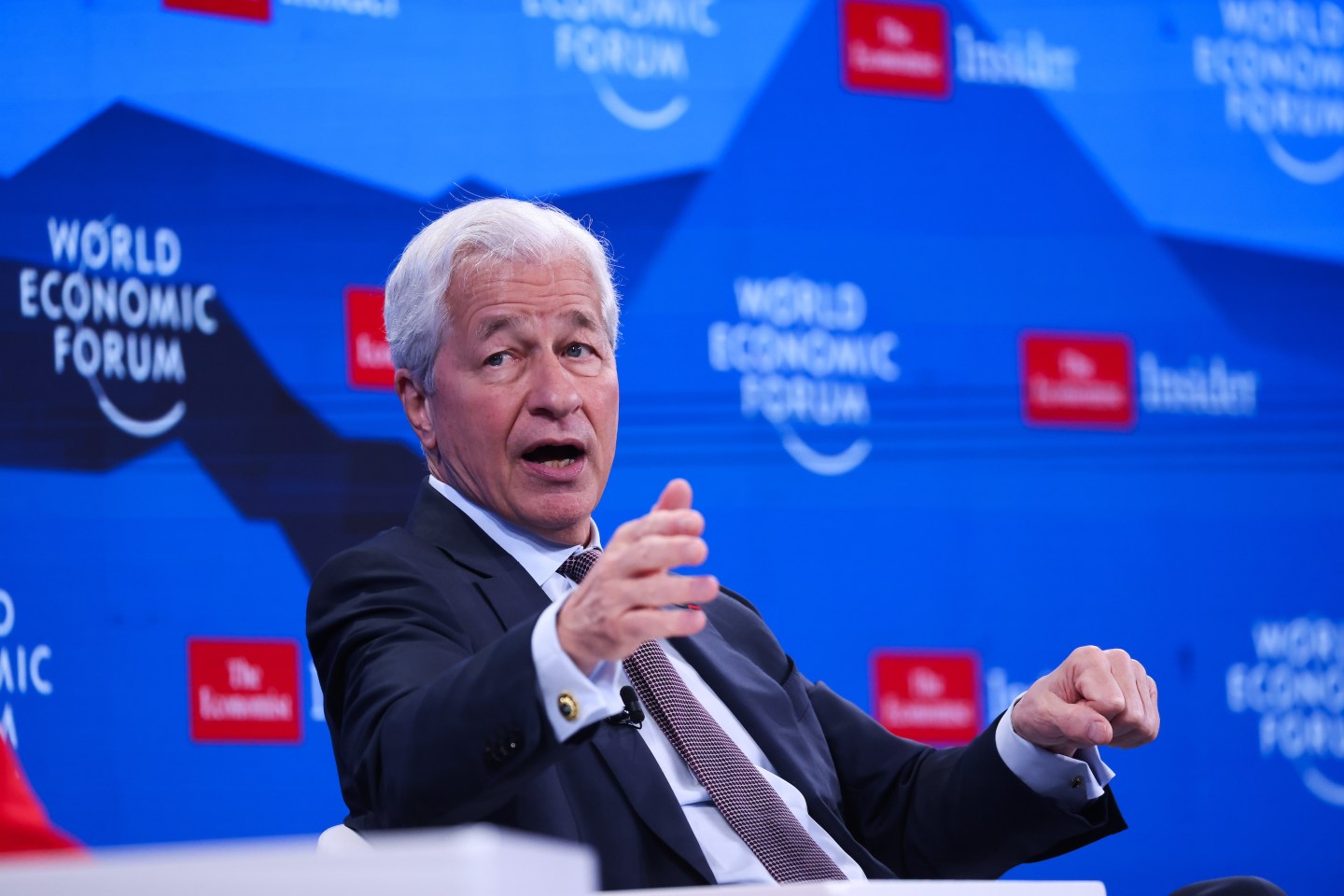Americans finally saw their pay go up in a big way last year, but sky-high inflation is eating into that new purchasing power in a big way.
Workers’ wages rose 3.3% at the end of last year, the biggest annual jump in pay since Payscale, a compensation software and data company, started tracking the data in 2007. But once the effect of inflation is factored in, workers actually took a 1.3% year-over-year pay cut.
It’s not just PayScale’s research showing that inflation is blunting the effects of higher wages. After adjusting for inflation, after-tax personal income nationwide was down 0.2% in December from November, according to estimates released Friday by the Bureau of Economic Analysis.
Companies are expected to continue to boost wages again this year, with workers expected to get an average pay raise of 3.9% in 2022, according to the Conference Board, a nonprofit business and research organization that distributes economic information to members. That would be the highest wage hike since 2008, but if inflation continues to run hot, it may not be enough.
The Biden administration has been struggling with media headlines highlighting the highest rate of inflation in 40 years, with notable critics such as Larry Summers likening his economic policies to those seen during the “Great Inflation” of the 1970s, when the economy struggled with “stagflation.” But as current wage growth and employment data shows, the economy is far from stagnant, though inflation is running very hot. It’s akin to a combination of Jimmy Carter–era inflation with Ronald Reagan–era growth.
“Personal income is rising solidly thanks to continued improvement in the labor market, especially strong wage growth as businesses raise pay to compete for workers,” Gus Faucher, PNC’s chief economist, said Friday. But he warned that the “biggest drags” in 2022 will be the ongoing pandemic and high inflation.
In December, the prices of consumer goods and services were up 7% year over year, according to the latest consumer price index (CPI) published by the Bureau of Labor Statistics (BLS). That was the second month in a row where the annual increase was the largest rise in the inflation rate in 40 years.
And experts don’t expect inflation to drop off dramatically this year. “[Inflation] hasn’t gotten better, it’s probably gotten just a bit worse [since December],” Federal Reserve Chair Jerome Powell said Wednesday. Experts are predicting that inflation will slow down this year but will likely run higher than the Fed’s 2% target inflation rate.
“I would imagine it would come down a little bit, but probably not getting back to 2% right away,” Dana Peterson, Conference Board’s chief economist, said Thursday during a press briefing. Even if the U.S. peaks at the 7% year-over-year inflation growth in December, Peterson says, “we’re still looking at, you know, 4% and 5% inflation for many months.” And that could continue to hit workers’ paychecks.
In fact, inflation has run higher than 2% throughout much of the COVID-19 pandemic because there’s been a strong demand for goods as Americans have been unable to engage in their normal routines. Supply has lagged as companies had to deal with facility closures and COVID cases affecting the workforce. Not to mention the supply-chain bottlenecks and higher transportation costs. “All these things are feeding into inflation,” Peterson said.
It’s a trend that has the Fed concerned. “High inflation is taking away the benefits of some of these large wage increases that we’re seeing now,” Powell said Wednesday. “We understand that high inflation imposes significant hardship, especially on those least able to meet the higher costs of essentials like food, housing, and transportation.”
In an effort to bring down inflation, the Fed is expected to start increasing interest rates in March, a move that aims to cool down consumer demand.
The Fed, however, is walking a bit of a tightrope between getting inflation back down to 2% and providing enough support to keep the labor market healthy. Generally speaking, low interest rates encourage more spending and that demand spurs more jobs.
“We’re prepared to use our tools to assure that higher inflation does not become entrenched,” Powell said Wednesday.
Never miss a story: Follow your favorite topics and authors to get a personalized email with the journalism that matters most to you.












